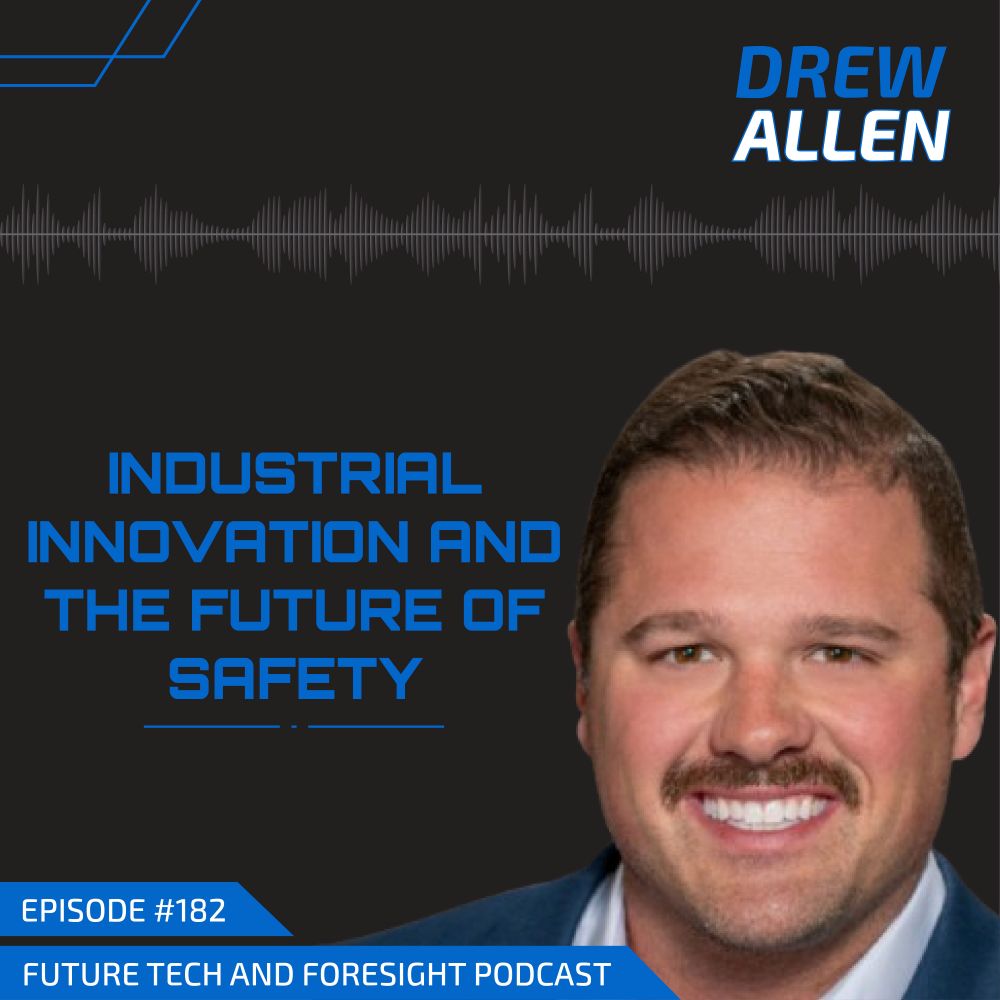About The Episode
Final monologue format episode, where I discuss for the first time my personal opinion on the topic of the automation of jobs, and the future possible paths.
Transcript
Intro
Welcome to the last monologue format episode of Automated. But before this podcast shifts towards an interview or discussion format I wanted to briefly talk about my personal opinion as well as why this topic interests me so much. As I mentioned last time, I’ve tried to be as objective as possible in every episode so far and leave out any personal bias when presenting the ideas and information of this extremely interesting topic. What I’ve attempted to do over the last 24 episodes is to showcase some of the main technologies that are being implemented that can automate either part of or the entire job which a human worker can do across many different industries and sectors. I hope to have given you the impression that automation isn’t confined to a specific part of our society but is wide ranging. I also hope that some of the ideas presented that are connected to this megatrend of automation such as: re-skilling centres, bullshit jobs, Universal Basic Income, and the two possible futures of creative destruction and technological unemployment have raised some further interest or other questions. I also presented that neither future is a determined outcome. Individual decisions and social forces can guide us towards one or the other, but the current path does appear to me to be more in line with human workers being displaced by the technologies that I’ve outlined so far.
Who knows when this will happen?
Granted this isn’t going to happen tomorrow. Even in light of the increased amount of automation being implemented during the coronavirus crisis, I don’t think a significant chunk of the population across the world will be made redundant over the next 2-3 years. But ultimately I do think this is the path we are on; even as we will of course continue to see instances of creative destruction and worker augmentation through new technologies. I do see the merit in the argument that new forms of work are being continuously invented. But, with the adoption of advanced automated technologies to do more and more of our physical labour and AI starting to compete with our cognitive labour, I personally do not see this specific future continuing ad infinitum. Granted, this opinion is only a snapshot of today, I am more than willing to change my point of view depending on the evidence as time goes on. Furthermore, this doesn’t mean that I hope for this outcome to happen, I am very aware of the tremendous negative economic and psychological impact this will have on millions of people across the world, especially if it were to occur rapidly and without proper planning and policies in place. But this is also part of the reason for the existence of this podcast, to grow the conversation around this important topic in order to help plan for such an eventuality. I think that with the current global pandemic and the current repercussions, we can all see the problems that can come about when nations, governments, and people have not properly planned for certain eventualities or futures. But with this said I am happy to see that more attention has been given to this topic over the last few years. Through social media, news headlines, the increasing number of books and resources on the subject, as well as the discussions we all continue to have there seems to be a growing sense of awareness that automation is a very real and significant trend that deserves our attention, especially in the years to come.
Impacts of automation
But personally, I find the underlying impacts of automation are perhaps more interesting than the technologies themselves. Although the constant creation of new jobs with the constant changing nature of work is valuable to understand, job automation has a more profound outcome. Jobs are one of the fundamental pillars of our modern civilisation and they are the way in which most humans survive today. By exchanging time for income, we feed and house our families, have access to transportation, healthcare etc .. We spend roughly ⅓ of our adult lives in jobs and many people even attribute their purpose or self worth to their job. We also use the overall increase or decrease of jobs to partly measure the entire health of a nation, or even of an era. Thus if jobs will be destroyed at a rate faster than they are created this would mean a large scale socio-economic impact would follow, which can be evidently seen today with the global lockdowns destroying millions of businesses and jobs practically overnight. But with high levels of job automation, this would be brought one step further. One of the fundamental narratives that civilisation has followed for generations would essentially dissolve and a new narrative would need to be formed, namely the disassociation from our means of survival being based on exchanging our time for income. But what happens to our long standing social structures where social value is tightly linked to the occupation you have. Doctors are usually seen as having more social value then say cashiers, but what happens when IBM’s Watson, or some other AI algorithm becomes able to diagnose any patient’s illness more accurately, faster, and to more people across the world? Not to mention the pay cheque tied to that profession. I think the really interesting thing to consider with an automated future is the need to redesign social structures. Even the implementation of a UBI scheme doesn’t solve this issue. If an ex doctor and ex cashier both receive a living wage this doesn’t automatically mean that social hierarchies, value systems, and individual perceptions of worth naturally follow. I am not proposing solutions here but merely raising the question as it is one that is worth thinking about.
The other, perhaps more obvious concern that is raised with job automation is the displacement of workers who are simultaneously the consumers of the products and services that jobs provide. Essentially unemployed workers are now unable to contribute to the needed cyclical consumption that powers the economy, since they have lost their purchasing power as “consumers”. UBI schemes have typically been put forth as a form of stop gap measure when this economic issue is brought up, and we can certainly see this today in the emergency financial packages governments across the world are putting in place in response to the economic fallout of the lockdowns imposed by the coronavirus. Whether eventually implemented UBI schemes will act as a full solution to this problem we will have to see. Even though I completely see the value and need for a UBI scheme, I personally don’t see it as a perfect solution if it supports and enables the continuation of our current global economic system which is based environmentally unsustainable practices.
Automation is the fundamental discussion point
In the discussions I’ve had about technology, futurism and society over the years, job automation often acts as a first foundational point that opens and widens the exploration of future changes and transformations for both individuals and society at large. Often topics of data privacy and security, continuous economic growth and resource depletion, earth’s carrying capacity, social and cultural values, and even more esoteric ideas like transhumanism and the technological singularity follow this initial concept. Though these are outside of the scope of this podcast I think that by exploring the topic of automation it is easy to see how jobs, as a fundamental part of our current global structure, are so closely tied to many other important issues that will be impacting us over the course of the next few decades.
Ending idea
So, in ending these 25 episodes have laid down a foundational structure for the topic of automation. Though I will occasionally have a solo episode if something specific comes up, or if there are a series of ideas I want to lay out, from here on out this podcast is entering a second phase where interviews will be the norm. I’ve already completed a few already and am looking forward to sharing them as time goes on.











